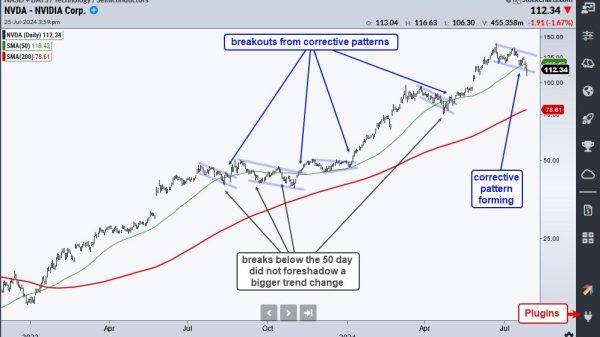During the current economic climate, many businesses are realising the importance of enhanced financial literacy. It’s important that you understand the issues surrounding cash flow, especially when you’re going to a time of reduced sales or increased spending, as many businesses are at the moment.
For businesses that sell physical goods, and have a substantial amount of stock stored in warehouses, it’s possible that they may be overlooking a potentially important form of funding known as stock finance. Let’s explore that concept in more detail.
Stock finance – how it works
When a business reaches out for stock finance, they seek a loan that’s secured against their stock. In order to assess the value of that stock, a third-party evaluator will be brought in, who will assess the value based on multiple factors.
These factors include where the stock is located, what condition the items are in, the season and how that impacts the sellability, and the value of any raw materials also stored at the premises. All of these factors are subject to change, which means that the finance agreement may also fluctuate.
Types of finance available
Stock finance is a relatively broad term that covers a wide range of different financing options. These include short term loans, cash advances which are paid for as stock is sold off, and credit lines that provide funding on an ongoing basis.
The common element between all of these options is that the loan is secured against a tangible asset – stock. This makes it comparatively easy for lenders to assess how much they’re willing to lend you, with a relatively high degree of certainty that they’ll receive repayment one way or another.
Pros and cons of stock financing
As with everything, there are both drawbacks and advantages to stock financing, that’ll make it a more attractive financial solution to some companies than others:
Pros
Enhances stock management: one of the great side benefits of stock finance is that it encourages a positive approach to stock management. If you don’t already have an effective approach in place, this can increase the efficiency of your operations while minimising waste and damage.
A quick boost to cash flow: stock finance offers a quick cash boost to your business, no matter the time of year. In some cases, this can be the difference between surviving a crisis and tanking.
Versatile: there are multiple different kinds of finance available, that can be secured against a broad variety of different stock types.
Cons
Not available for all: to be considered, you generally need significant quantities of stock. There are also other barriers, such as a good credit history and a strong balance sheet.
High associated costs: it’s not the cheapest finance solution – there are often high associated costs, most importantly the valuation itself.
While stock finance isn’t for everyone, for some businesses, it can be an important lifeline in tough times. It’s important to understand all your potential options, so that when you need them, you’re properly prepared.
Read more:
How can businesses fund new stock purchases?





















